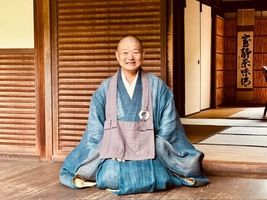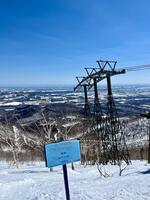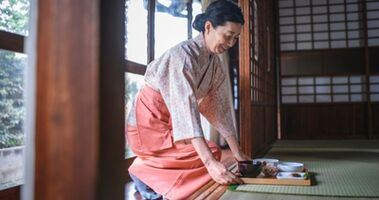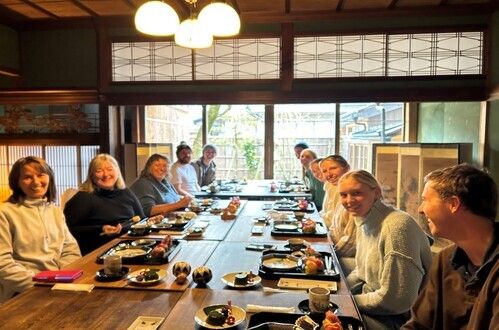
I've travelled Japan extensively and as a Japan travel specialist who loves planning Japan holidays for my clients, I have put together my top 10 tips for travelling in Japan, covering transport, accommodation, shopping, language, food and more!
1. Download the Suica mobile app or PASMO card into your wallet before you arrive in Japan (can also add to Apple Watch)
This is easily done in 4 steps:
- Go to the Wallet app and select “Add”
- Select the “Transit Card” option
- Choose either Suica or PASMO, then select “Continue”
- Enter in how much you want to charge your card via your chosen credit or debit card, and then select “Add” You then need to confirm your purchase. You can add additional money when you start to run low.
Recommend doing this before arrival in Japan. Otherwise, you can purchase cards at the main train stations.
2. Google Maps will be your new best friend
Besides helping you navigate walking or driving around Japan, Google Maps is excellent for train/bus transport. It will not only give you the train times but also which platform to catch your train from and also the station exit directions, which is invaluable while you're there, especially at peak times.
3. Japan Rail Travel
Unfortunately, the JR Rail Pass pricing increased by over 70% last year, so unless you intend to do extensive train travel, you may be better off buying individual point-to-point train tickets or buying a pass for a particular region, which is cheaper than buying for all of Japan, for example the JR-EAST Rail Pass. Your travel agent can help you determine best option.
Japan Rail has three classes of travel for the major train services: Standard and Green Class (like first class), and Business (on some routes). I recommend purchasing Green Class if you have extra luggage, as there is more room. You can also purchase luggage space ahead of time for Standard Class.
I highly recommend booking seats beforehand. This can be done either at the train station's JR information centres counter or at the ticket machines. If you are travelling on a JR Rail Pass, you need to use a separate machine for JR passes, and there is a surcharge if you are travelling on NOZOMI/MIZUHO trains.
You can book individual sector tickets and reserve seats online and I find one of the cheapest is through this link.
When purchasing online, you will receive a QR code, which you can then exchange for your ticket at the ticket machine at your train station.
You can also purchase tickets and reserve seats at train stations in Japan. If it is for the popular sectors, e.g. Osaka to Kyoto, Tokyo to Nagano, the trains run so frequently you can easily purchase on the day, although in peak times I recommend doing this a day or two before.
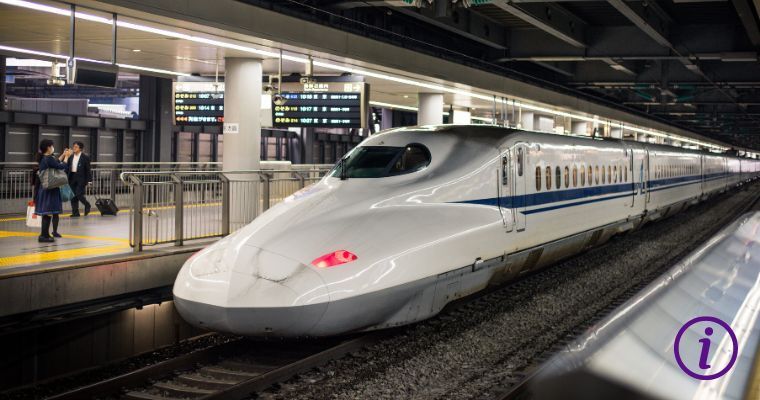
4. Google Translate App
Definitely download this App in advance! Very useful for using the camera translate option and for conversation translating. English is widely spoken in the main cities of Japan, and most signage is written in English as well. In rural areas, English is less common, but if you try and use a few common Japanese words, the people will go out of their way to help you. Here are a few to get you started. Hello – Konnichiha, Thank you – Arigato, Excuse me – Sumimasen, Goodbye – Sayonara, Please – Onegai.
5. Shopping in Japan
There is a wide range of quality products to purchase throughout Japan. Different areas of Japan have their own speciality products, for example, Sakai for knives, Tokoname for Ceramics or Tokyo Nippori for fabrics. Tokyo has some of the largest amount of high-end designer shops as the fashion capitol of Japan, with the Ginza area having the highest amount of designer shops. Uniqlo is much cheaper in Japan and I have also found Zara to have very different fashion than in Australia, and it is cheaper.
There are so many fantastic department stores and small boutiques throughout Japan, so I recommend just go exploring. There is so much to see and buy. They really have so many unique and quality products so do make sure you leave time in your itinerary for shopping.
One of my favourite areas is Kappabashi Kitchen Town in Tokyo (near Asakusa). A good place for buying Japanese knives and ceramics as souvenirs of your trip, or gifts for back home.
The variety of markets throughout Japan is amazing, from the Tsukiji Fish Markets in Tokyo, the Nishiki Markets of Kyoto and the Omicho Markets in Kanazawa. Here is a great link with all the best markets in Japan.
6. Accommodation Options in Japan
So many accommodation options! I consider most 3-star hotels to be 4-star anywhere else and 4-star more like 5-star hotels. Japan hotels are known for their cleanliness and modern bathroom facilities, especially the toilets with heated seats and music. Some of my favourite hotel chains for 3-star accommodation are The B Hotels, Hotel MyStays & APA Hotels. For 4-star Hotels, I recommend the Mitsui Gardens hotel chain which is excellent value. Be sure to get in touch with me for the most competitive rates.
7. Transfers and Tours
When arriving in Tokyo and transferring to a domestic flight, ensure that it is the same airport; there are two! Narita and Haneda. This is a common mistake. If you're flying into one and have a connecting flight out of the other, you must allow at least 4 hours to transfer between airports via either the Keisei Narita Skyaccess train or book a Friendly Airport Limousine.
For private transfers from the airport and train stations, or for tours there are reliable companies with quality vehicles that are well priced, especially for group travel. Reach out if I can assist in tailoring the right options for your preferences and budget.
8. Luggage Transport in Japan
Black Cat is the easiest and best way to transport your luggage from one hotel, station or airport to the next. They are very fast, reliable and well-priced, and this saves having to take large cases on the train, which can be difficult. You will find their counters at the airport, or your hotel can arrange for you.
9. Local Customs in Japan
It is important to be aware of the local customs as the Japanese are very polite people. Some of the main do-nots are;
- Talking loudly on public transport
- Eating as you walk
- Hold on to your rubbish
- Don’t blow your nose in public
- Take your shoes off when you go indoors (homes and restaurants)
- Place change in small dish offered, rather than handing to the person
- Stay on the correct side of the escalator (changes in Tokyo to Osaka)
- Queueing in an orderly fashion
10. Finding the best Bars and Restaurants in Japan
Japan has some of the best bars and restaurants, so I will do a separate blog article about this with all my favourites (stay tuned)! Until then, I'll leave you with two of my favourite bars, Bees Knees in Kyoto and Tir Na Nog in Tokyo.
As a Japan travel expert and enthusiast, I have visited Japan several times, experiencing Tokyo, Osaka, Kyoto, Kanazawa, Takayam, Matsumoto, Hiroshima, Sapporo, Hakodate, Furano and ski resorts in Hakuba and Niseko. I love planning my clients' trips throughout Japan and have established contacts and trusted relationships to assist in organising all accommodations, transfers, tours, trains, cooking schools and skiing activities. I have a long list of my favourite eating places and bars to visit, which I am always happy to share with my clients so they can experience it for themselves. If I can assist you on your travels through Japan, please don't hesitate to contact me.


